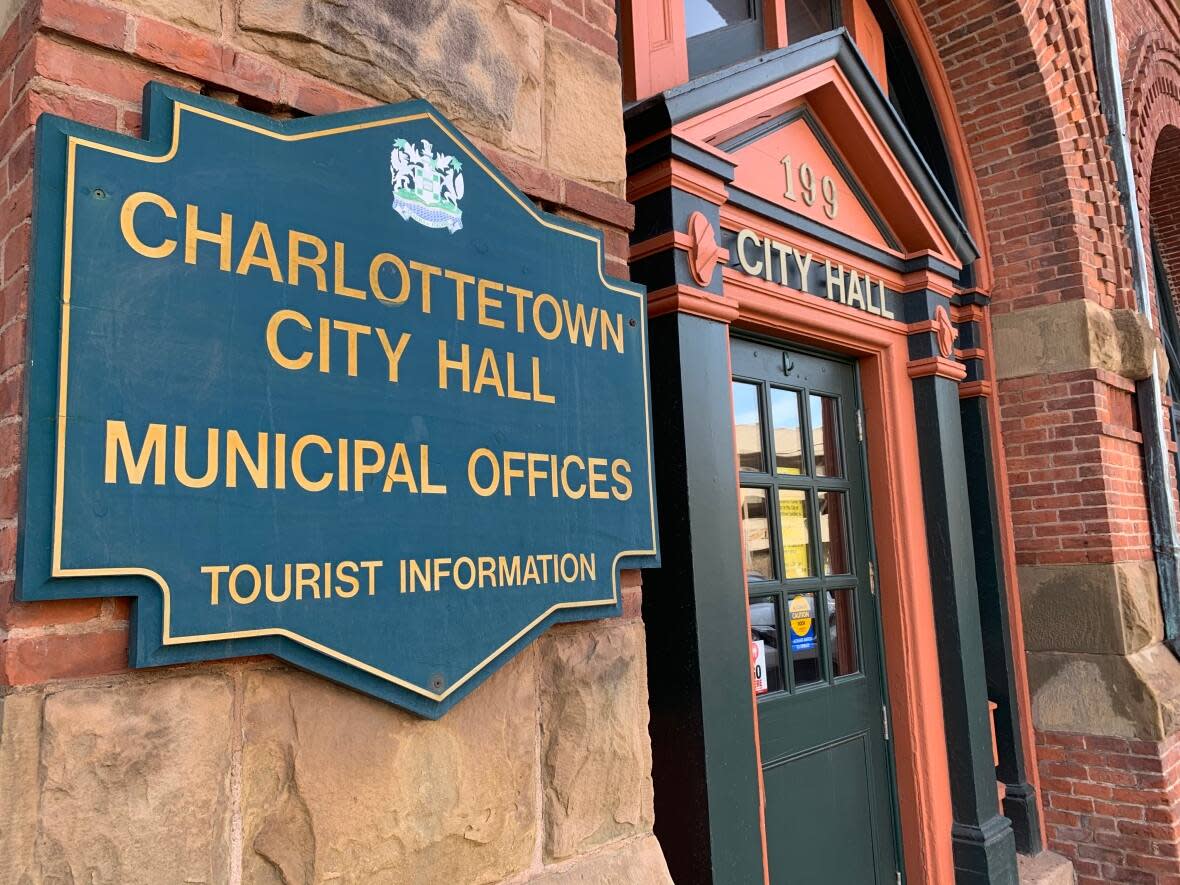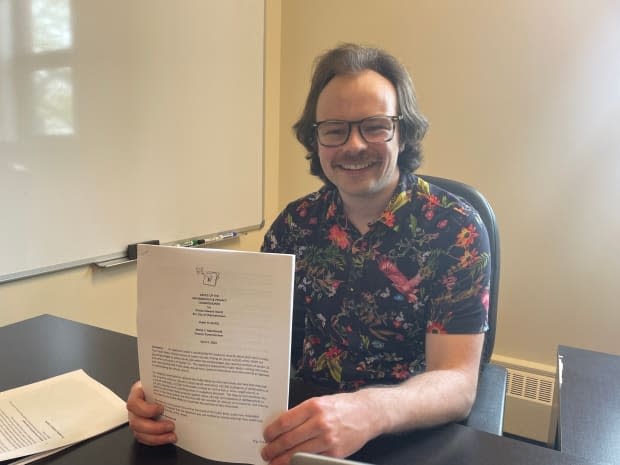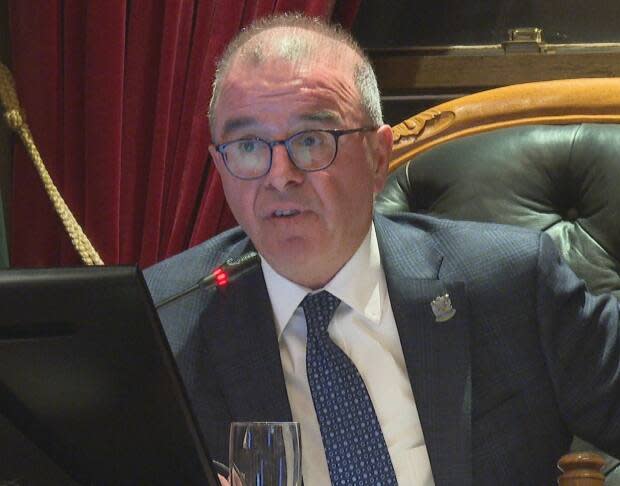City of Charlottetown closed sessions on STRs violate Municipal Government Act

The City of Charlottetown has violated the Municipal Government Act by holding several short-term rental discussions in private, according to a review done by P.E.I.'s Information and Privacy Commissioner's Office.
It looked at several closed-session meetings that occurred back in 2019 — meaning it was not open to the public.
The Municipal Government Act does outline situations closed-door meetings can take place. However, in this case, the review found the city didn't meet the necessary criteria to do so.
"At the end of the day, the public body is responsible to understand when they can conduct a session or business ... out of the public eye," said Denise Doiron, P.E.I.'s privacy commissioner.
"They should be understanding that before they do that — what their responsibilities are in that regard."
Requesting documents
The review from the privacy commissioner's office stemmed from a request for records about short-terms rental regulations.
Nate Hood is the senior policy advisor with the P.E.I. Green Party but he said he filed a freedom of information request for the records back in 2019 as a private citizen.
"When I got records back I kind of wondered am I missing records?" he said.
"I had noticed that there were a few meetings that the city of Charlottetown had held in camera and I noticed that in at least one of them, they had discussed short-term rentals."

The city was withholding some documents on the grounds that the discussions took place during closed sessions. However, Hood filed an appeal questioning if those sessions were allowed.
"I wondered, do they even have the legal authority to do that? And if they're not properly in a closed session, are they allowed to withhold the records," he said.
"Ultimately the commissioner said that in many of those cases, no, they were not authorized to have closed discussions."
'We will continue to learn'
The city started to fall under the Freedom of Information and Protection of Privacy Act in 2019. Charlottetown Mayor Philip Brown said it was a learning curve for city officials.
"We were trying to understand is this closed is this open? But I can tell you as the mayor of the City of Charlottetown, we have made all our best efforts to be open, transparent and accountable," said Brown.
"We were in a learning process and we will continue to learn."

City officials have complied with the commissioners' ruling and handed the required documents over to Hood.
"I've always stressed that I believe in those basic tenets of openness, transparency, accountability," said Brown.
"I know we will be judged on it in social media, on the streets, in traditional media, but in politics you have to give your best to show that you're doing your work in the most open, transparent and accountable fashion."
In an email to CBC News, the province said it is concerned about the use of closed meetings since "a lack of transparency can contribute to a lack of confidence in local government."
It said the department will continue to support municipalities implementing the Municipal Government Act.


